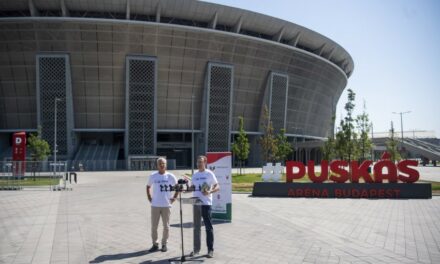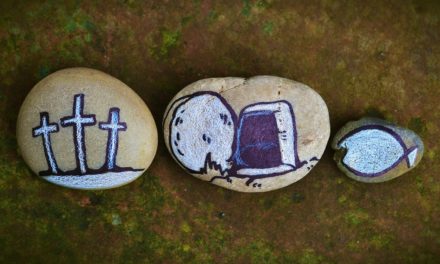Maundy Thursday (Maundy Thursday) commemorates Christ's Last Supper, his acceptance and the beginning of his sufferings. (It's "green" because believers usually eat something green, such as spinach, during the fast.) At the evening "Last Supper Mass" after the singing of the Gloria, the bells fall silent (they go to Rome), and the deepest mourning begins.
At the end of the mass - which may include the ceremony of washing the feet - the sacrament of the altar is taken to its place of safekeeping. Everything is taken from the altar, this is the stripping of the altar, leaving only the candlesticks and the cross covered with a shroud to symbolize the suffering of Jesus and the stripping of his clothes. In Reformed churches, during Holy Week, the Lord's table and possibly the pulpit were covered with a black tablecloth. This custom is still alive today in many Reformed churches, both here and abroad.
Folk tradition explained the silencing of the bells in different ways from region to region. The Bánát parents told their small children that the bells had flown to Máriaradna so that they too could make their Easter confession there. They also believed that the bells go to Rome because it is the heart of the world, from where their sound is heard throughout the earth; the bell ringing at the resurrection was believed to be heard from Rome.
According to the legend, on Holy Saturday of the year 1674, the sacristan in St. Peter's Church in Rome, as soon as he went up to the tower, to his great dismay, found a young man in a strange dress, immersed in a deep sleep. He woke her up with great difficulty. The young man could hardly understand what had happened to him, until at last he told in Latin who he was and how he came here. His name was Mihály Kopeczky, he was a student at Késmárkon, and he had a great desire to see the eternal city and its famous churches. As he had heard that the bells fly to Rome at Easter, he also decided to make this journey with the bell. So he climbed into the Késmárk tower, hid inside the old bell and tied himself to the tongue of the bell with a strap. All at once he felt a great jolt, as if he had flown out of the tower, before he lost consciousness. He didn't even win him back until he was woken up by the sacristan of St. Peter's. Kopeczky's story caused a stir throughout Rome. He had patrons, so he never returned to our country.
Source: Past
Image: Vasarnap.hu












